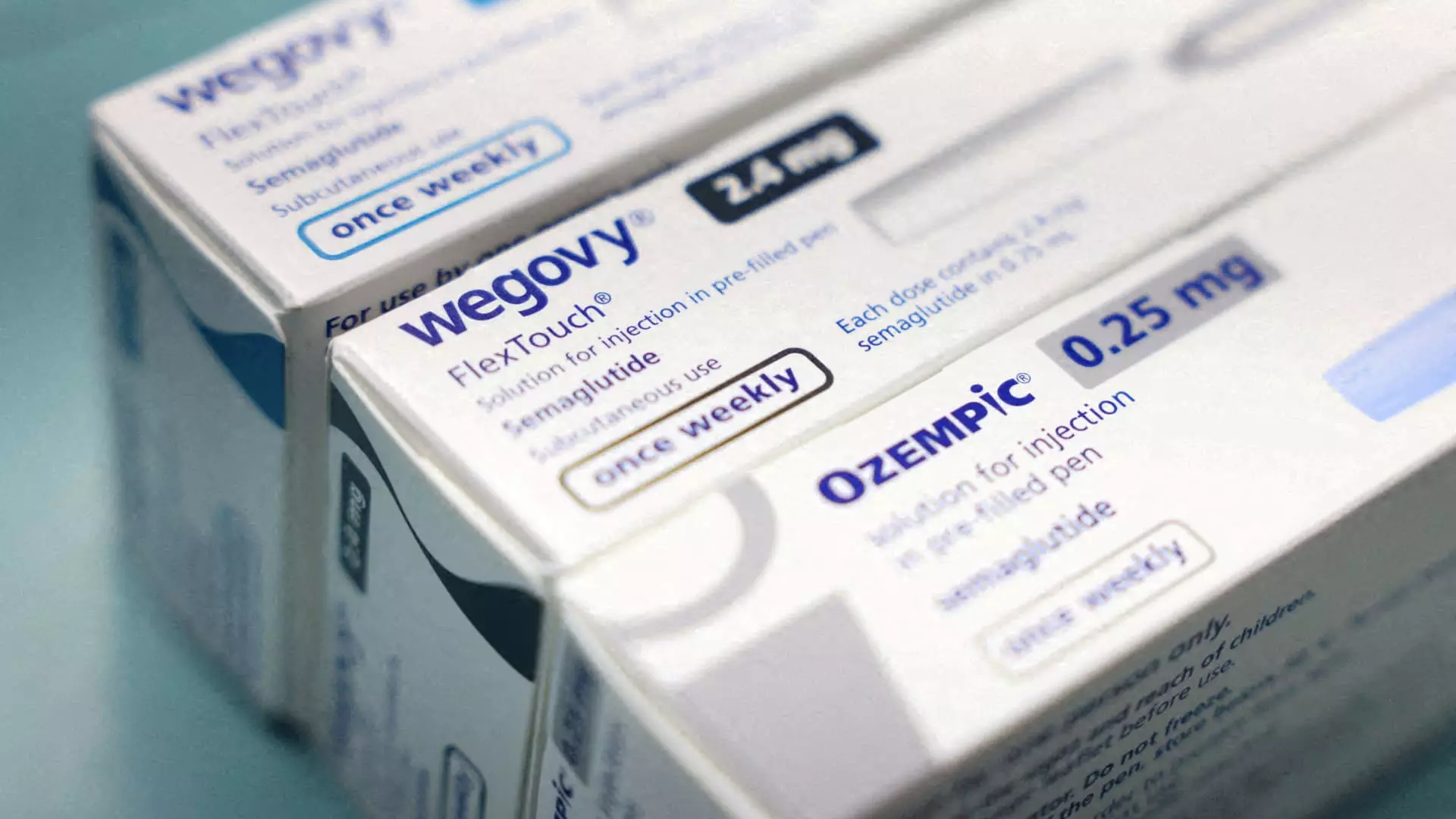The landscape of diabetes and weight-loss treatments in the United States has shifted significantly with the recent announcement by the U.S. Food and Drug Administration (FDA) regarding the resolution of the prolonged shortages of Novo Nordisk’s semaglutide injections—Wegovy for weight loss and Ozempic for diabetes management. With this resolution announced, the dynamics not only affect the pharmaceutical market but also have implications for patients who have turned to compounding pharmacies for access to these crucial medications.
Understanding the Shortage
For over two years, the U.S. has been grappling with a significant deficit in the supply of semaglutide injections due to overwhelming demand. This surge in usage began in 2022 as more patients sought effective solutions for diabetes management and weight loss, a combination that has gained enormous attention and popularity in recent years. Such demand placed immense pressure on Novo Nordisk’s manufacturing capabilities, leading to extended delays in supply. Eli Lilly, a competing pharmaceutical giant, faced similar challenges and subsequently made substantial investments to boost its production capabilities in the wake of this burgeoning interest in weight-loss treatments.
The FDA’s recent statement about the resolution of the semaglutide shortage is a game-changer. Not only does it signify that Novo Nordisk is now better positioned to meet both current and future demand, but it also poses a threat to compounding pharmacies that have, until now, been able to provide unbranded versions of these medications at a lower cost. These pharmacies have filled a critical void for patients unable to access the branded versions, particularly during the height of the supply crisis. The FDA has mandated that these unapproved compounded versions must cease production within the next two to three months, thereby shifting the entire landscape back to the reliance on FDA-approved options.
As the announcement led to a 5% increase in Novo Nordisk’s stock value, it starkly contrasted with the plummet experienced by telehealth companies like Hims & Hers, which saw shares fall over 25%. This serves as a clear indication of the direct market impact that regulatory decisions can have on stakeholders associated with these drugs.
In emphasizing the importance of FDA-approved medications, Novo Nordisk’s executives pointed out the health risks associated with unregulated compounded drugs. Dave Moore, the executive vice president of U.S. operations and global business development at the company, highlighted the potential dangers of utilizing non-FDA-approved versions, often labeled as knockoffs, which could pose severe health risks. Underlining safety and credibility, Moore’s statement underscores a collective responsibility among healthcare specialists to ensure patients receive safe, effective treatments calibrated to meet their health needs.
The resolution of the semaglutide shortage could enhance Novo Nordisk’s competitive stance against Eli Lilly, particularly in a rapidly expanding market for weight-loss medications, projected to exceed $150 billion annually post-2030. This market anticipation illustrates not just the demand for drugs like Wegovy and Ozempic, but also the increasing societal focus on health management and preventative care measures through pharmaceuticals.
While the FDA’s resolution brings optimism, it is essential to acknowledge the potential for ongoing disruption. Patients and prescribers may continue to encounter occasional shortages localized in certain areas as the adjusted supply chain stabilizes. This means that vigilance from both healthcare professionals and patients must remain paramount as the industry evolves.
The FDA’s declaration heralds a new chapter in the management of diabetes and weight-loss treatment in the U.S. market. However, it also raises awareness of the critical value of validated, FDA-approved medications over cheaper, potentially harmful alternatives. With a recovering supply chain paired with patient safety as a priority, the future of semaglutide in the U.S. appears promising if navigated with diligence and responsibility.

